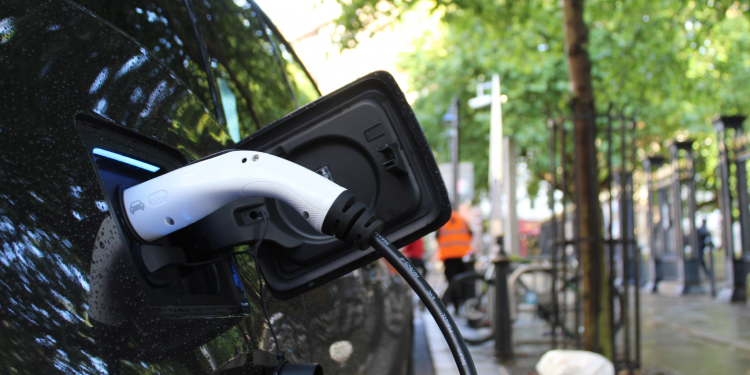Bangladesh is steering towards a sustainable future by embracing a transformative journey in its automobile sector. To reduce greenhouse gas emissions and foster electric mobility, the country is set to establish a lithium battery production plant and propel electric vehicle (EV) manufacturing. This ambitious move holds the promise of reshaping the automotive industry and the nation’s energy landscape.
National Determined Contribution (NDC)
Bangladesh’s commitment to the Paris Agreement is evident through its NDC, which outlines plans to reduce 3.4 million metric tons of CO2 equivalent greenhouse gas emissions by 2030, mainly targeting the transport sector responsible for 9% of total emissions. Emphasizing electric vehicles becomes a key strategy in achieving these emission reduction goals.
Automobile Industry Development Policy 2021
Bangladesh has formulated the Automobile Industry Development Policy 2021 to facilitate a green transition. This policy serves as a comprehensive framework, offering incentives such as tax holidays and financial support for local manufacturing of electric cars. It also focuses on advancing technology and infrastructure for vehicles with reduced fuel dependency.
Lithium Battery Production: Pioneering a Green Revolution
The first significant step towards the green automotive future is establishing a lithium battery production plant with an annual capacity of 1 gigawatt. Bangladesh Lithium Battery Ltd. is leading this initiative, aiming to replace lead acid-based batteries in approximately 1.5 million three-wheelers, a move set to decrease power consumption from the national grid.
Electric Vehicle Manufacturing
Simultaneously, various EV manufacturing projects are in the pipeline. Companies such as Bangladesh Auto Industries Ltd., Nitol Motors Ltd., and Omega Seiki, collaborating with global giants like Toyota, are gearing up to contribute to the EV revolution. The lithium battery plant is envisioned as a crucial component in the production of EVs, creating a seamless linkage.
Rise of the Lithium-Ion Battery Industry
Market experts predict a significant surge in the Bangladesh lithium-ion battery market, projecting growth from $256 million in 2023 to $373.89 million by 2028. This anticipated growth, with a compound annual growth rate of 7.87%, underscores the transformative impact of lithium battery production on the nation’s energy and automotive sectors.
Hybrid and Electric Vehicle Adoption
The country is witnessing a growing trend in hybrid vehicle adoption due to lower operational costs and government incentives. While hybrid vehicles, especially cars, are gaining popularity, electric vehicles are gradually making their mark, with 33 registered electric vehicles in Bangladesh since 2021.
Renewable Energy Integration
Experts highlight the importance of a holistic approach to emission reduction, emphasizing the transition from fossil fuel dependency to renewable energy sources. While electric vehicles contribute to cleaner air and reduced pollution, the effectiveness is contingent on transforming the energy mix. Currently, fossil fuels dominate the energy landscape, posing a challenge to achieving comprehensive emission reduction.
Peak Power Demand Challenges
As the shift towards electric vehicles unfolds, concerns arise about potential imbalances in peak and off-peak power demand. Experts suggest establishing designated charging stations during daytime hours and implementing regulations to manage grid power usage for electric vehicles. These measures aim to ensure a balanced and efficient power supply.
Conclusion
Bangladesh’s journey towards a green automotive landscape is gaining momentum with the convergence of lithium battery production and electric vehicle manufacturing. As the nation seeks to fulfill its emission reduction promises, these initiatives hold the key to transforming the automotive industry and fostering a sustainable and environmentally conscious future.




